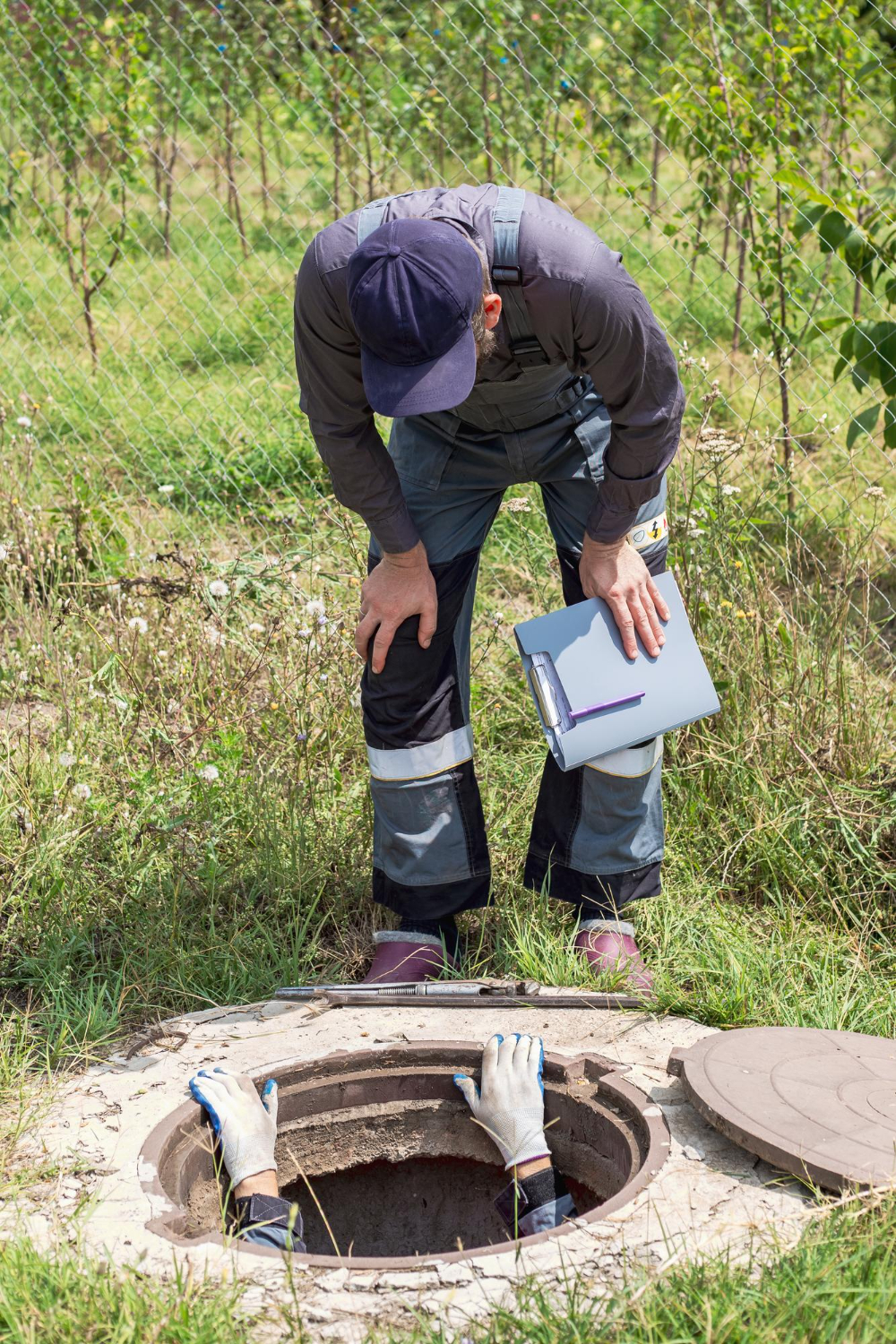WE NOT ONLY PUMP YOUR TANK - WE CLEAN IT! Up to 36 Months Financing Available
Call Septic Blue Now 813-355-9188
It's Easier Schedule Online
WE NOT ONLY PUMP YOUR TANK - WE CLEAN IT! Up to 36 Months Financing Available
Call Septic Blue Now 813-355-9188
It's Easier Schedule Online

When it comes to maintaining your septic system, misinformation can lead to expensive repairs and major headaches. Many homeowners still rely on outdated advice, old family habits, or internet rumors that sound believable but simply aren’t true. The problem is that following these myths can shorten the life of your system and lead to avoidable issues like backups, drainfield damage, and costly emergency visits. Knowing the truth about proper care, septic pumping, cleaning, and long-term maintenance is essential if you want your system to run smoothly for years.
In this blog post, our professionals from Septic Blue will clear up some of the most common septic system myths that homeowners continue to believe.
Many homeowners assume that as long as the toilets flush and there are no foul odors, their system must be perfectly healthy. In reality, septic tanks need regular septic pumping in Tampa, FL to remove solid waste that naturally accumulates over time. Even if your system appears to be working normally, solids continue to build up and can eventually overflow into the drainfield, causing irreversible damage. Pumping every 3–5 years is recommended by most septic professionals, and waiting for symptoms to appear usually means you’ve waited too long.
There are countless septic additives on the market claiming to break down waste and eliminate the need for septic cleaning, but this is one of the biggest misconceptions. While additives may help with minor biological processes, they do not remove sludge or prevent solid waste from collecting at the bottom of the tank. Only a professional septic service has the proper equipment to fully pump and clean the system. Relying on additives alone often leads to clogs, backups, and expensive restoration work.
Some people treat their toilets and drains like trash cans, assuming that once something disappears down the pipe, it's gone for good. However, septic systems are extremely sensitive and can only process biodegradable waste and septic-safe toilet paper. Items like wipes, dental floss, grease, feminine products, and paper towels do not break down and can quickly clog the system. Even products labeled “flushable” often cause blockages. Proper care means being selective about what you put down your drains and protecting your investment from unnecessary damage.
Even homeowners with large properties mistakenly believe that having more land automatically guarantees a healthy drainfield. While space can provide room for a well-designed system, the size of your property does not prevent issues caused by neglect. Drainfields can still become oversaturated, compacted, or clogged if pumping and routine septic service is ignored. Soil conditions, landscaping choices, and water usage habits play a far bigger role than property size. Regular maintenance is important no matter how much land you have.
Did you know that daily water usage habits affect septic…
Read More+If you own a rental property that relies on a…
Read More+Do you have a septic system in your backyard? Are…
Read More+Some homeowners think they can park vehicles, place sheds, or build patios over their drainfields without consequences. This is a dangerous myth. Drainfields need open, undisturbed soil to properly disperse wastewater. Heavy objects can compact the soil, crush the pipes, and prevent the system from draining effectively. Once a drainfield is damaged, repairs can be extremely expensive. A responsible septic company will always recommend keeping structures, vehicles, and heavy equipment far from these sensitive areas.
Are you in need of septic cleaning? Luckily, we at Septic Blue have dedicated workers ready at your service. Contact our representatives for more questions.